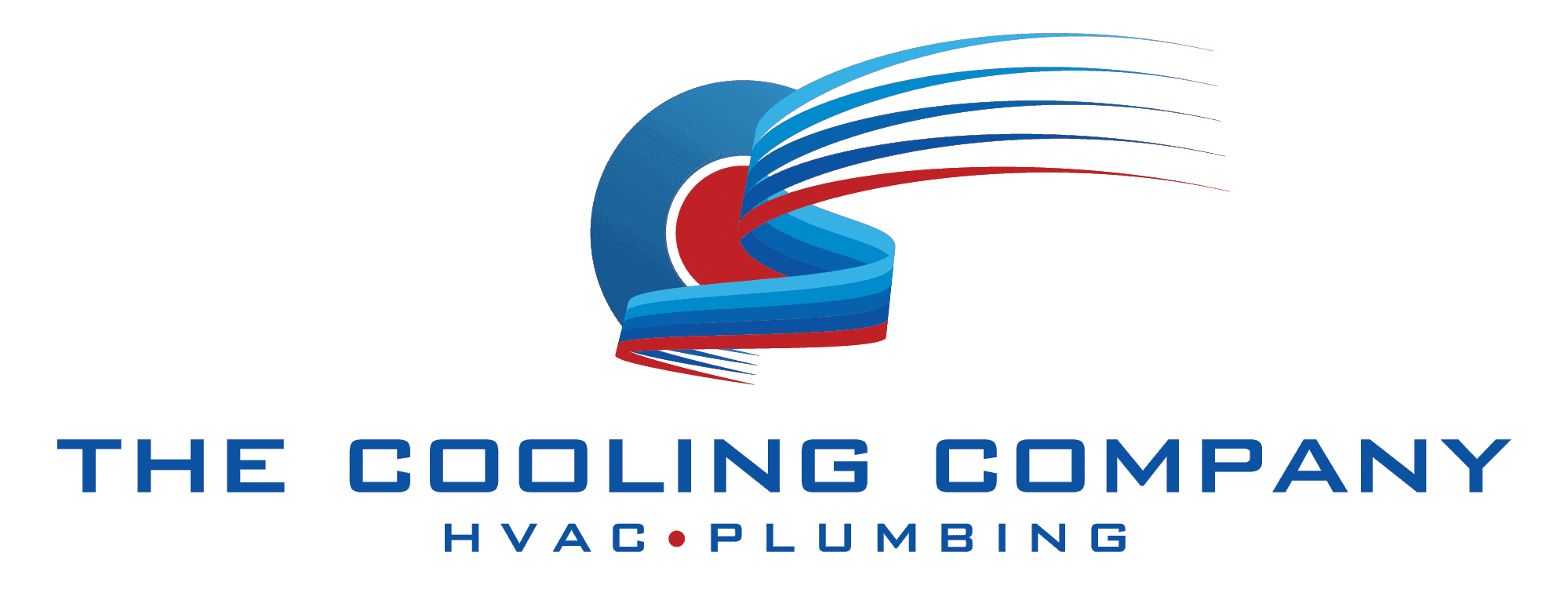Short answer: HVAC systems need regular maintenance at least once a year (twice for year-round systems) to run efficiently and last longer. Key tasks include filter changes every 1-3 months, seasonal tune-ups, and annual professional inspections covering refrigerant levels, electrical connections, and coil cleaning.
Complete HVAC Maintenance Guide for Las Vegas
Your HVAC system runs year-round in Las Vegas. Without regular maintenance, efficiency drops, energy bills climb, and breakdowns happen at the worst possible time. Here is what to do, how often, and why it matters.
Why HVAC Maintenance Matters
Efficiency Boost
A well-maintained system consumes less energy. During a professional maintenance visit, a technician inspects and cleans filters, coils, and moving parts, then measures airflow, checks refrigerant levels, and calibrates the thermostat. Removing buildup and fine-tuning components keeps the system running at peak performance and lowers your utility bills.
System Longevity
Regular maintenance can significantly extend your system's lifespan. During each visit, technicians check for loose connections, worn belts, and components nearing failure. Catching these problems early prevents small issues from becoming expensive breakdowns. Lubricating moving parts and verifying alignment reduces strain, so the system operates reliably for years longer than a neglected one.

DIY Maintenance
Some maintenance tasks are best left to professionals, but several you can handle yourself.
Filter Changes
Changing filters every 1 to 3 months is the single most impactful DIY task. Dirty filters restrict airflow, force the system to work harder, and degrade indoor air quality. Choose the right filter type for your system (fiberglass, pleated, or electrostatic), turn off the HVAC before swapping, and install the new filter with the airflow arrow pointing in the correct direction.
Basic Cleaning
Keep the outdoor unit clear of leaves, twigs, and debris. Turn off power first, then gently brush or vacuum the fins and coils. Indoors, remove vent covers periodically and vacuum out accumulated dust. These simple steps maintain proper airflow and prevent the system from overworking.
Professional Inspections
DIY care helps, but a trained technician catches problems you cannot see.
Frequency
Get your system professionally inspected at least once a year. Older systems or those running year-round should be inspected twice annually. During an inspection, the technician evaluates:
Refrigerant Levels
Low refrigerant usually signals a leak. The technician measures levels, identifies the source of any leak, and corrects it before it causes further damage or efficiency loss.
Electrical Connections
Faulty or loose electrical connections cause malfunctions and pose fire hazards. The technician tightens connections and replaces damaged wiring.
Thermostat Accuracy
A miscalibrated thermostat wastes energy and creates comfort problems. The technician tests accuracy and recalibrates or replaces as needed.
Coil Cleaning
Dirty coils reduce airflow and heat transfer. Professional cleaning removes accumulated grime, restoring efficiency and preventing damage.
Seasonal Tune-Ups
Different seasons place different demands on your system. Seasonal tune-ups keep everything matched to current conditions.
Spring Prep
Before summer arrives, prepare your system with these tasks:
- Clean the outdoor unit and clear vegetation for unobstructed airflow
- Replace air filters
- Inspect ductwork for leaks and seal them
- Check coolant levels
- Straighten any bent fins on the outdoor unit
Winterization
As temperatures drop, prepare for heating season:
- Check and improve insulation to prevent heat loss
- Clean or replace filters
- Inspect the heat pump for wear or malfunctions
- Seal air leaks around windows, doors, and ductwork
Emergency Interventions
When to Call Pros
Contact a professional immediately if you notice strange noises, poor airflow, unusual odors, or the system failing to reach set temperatures. HVAC emergencies can involve electrical or gas-related hazards that require trained handling. Delaying repairs typically makes the problem worse and more expensive.
Avoiding Scams
Research HVAC companies before you need emergency service. Check licenses, insurance, certifications, and customer reviews. Be wary of unusually low prices or high-pressure sales tactics. Get multiple quotes and request detailed cost breakdowns to avoid surprises.
Maintenance Costs
Service Packages
Many HVAC companies offer annual service packages that bundle inspections and tune-ups at a discount. These packages ensure consistent maintenance without the hassle of scheduling individual visits.
ROI Analysis
Regular maintenance extends system lifespan, reduces emergency repairs, and lowers energy bills. Over the life of your system, the savings from maintenance far outweigh the costs.
Indoor Air Quality
Role of Maintenance
Clean filters and properly functioning systems remove dust, allergens, and pollutants from circulating air. Regular maintenance directly improves the air quality in your home.
Air Scrubbing
Technologies like UV germicidal lights and electronic air cleaners work alongside maintenance to further improve air quality. Combining these with regular tune-ups gives you the cleanest indoor air possible.
Commercial vs Residential
Scale Differences
Commercial systems are larger and more complex, handling higher loads across bigger spaces. Maintenance for commercial systems involves more extensive inspections and may require specialized expertise.
Contract Essentials
Commercial HVAC systems are often governed by service agreements that outline maintenance responsibilities, schedules, and warranties. Review these contracts carefully to protect your equipment and your business.
Common Pitfalls
Overlooking Filters
Neglected filters cause reduced efficiency, higher energy consumption, and potential system malfunctions. Check and replace filters on a regular schedule.
Ignoring Leaks
Refrigerant leaks and ductwork leaks both reduce efficiency and can cause significant damage if left unaddressed. Have any leaks repaired promptly.
Digital Tools
Maintenance Apps
Many HVAC companies now offer apps for scheduling appointments, tracking maintenance history, and receiving service reminders.
Alert Systems
Smart HVAC systems paired with alert technology use sensors to detect anomalies and notify you via smartphone or email, so you can address problems before they escalate.
Legal Considerations
Warranty Terms
Most HVAC warranties require specific maintenance to remain valid. Failure to follow these terms can void your warranty, leaving you responsible for all repair costs.
Compliance Checks
Commercial HVAC systems must meet safety and environmental regulations. Stay informed about compliance requirements to avoid penalties.
Future-Proofing Maintenance
IoT Applications
Internet of Things (IoT) technology enables remote monitoring, predictive maintenance, and self-diagnosis. IoT-connected systems flag issues before they become failures.
Predictive Analytics
Predictive analytics uses historical data and system performance patterns to forecast maintenance needs. This proactive approach prevents breakdowns and saves time and money.
Invest in Maintenance to Extend Your System's Life
Regular HVAC maintenance keeps your system efficient, extends its lifespan, and prevents costly surprises. From DIY filter changes to professional inspections and seasonal tune-ups, each task contributes to reliable year-round comfort.
If you are ready to take control of your HVAC system's maintenance, The Cooling Company is here to help. Our experienced technicians handle everything from routine tune-ups to emergency repairs. Call us at (702) 567-0707 to schedule service.
Need HVAC Service in Las Vegas?
The Cooling Company provides expert HVAC service throughout Las Vegas, Henderson, and North Las Vegas. Our licensed technicians deliver honest assessments, upfront pricing, and reliable results.
Call (702) 567-0707 or visit AC repair, maintenance, heating, or installation for details.


